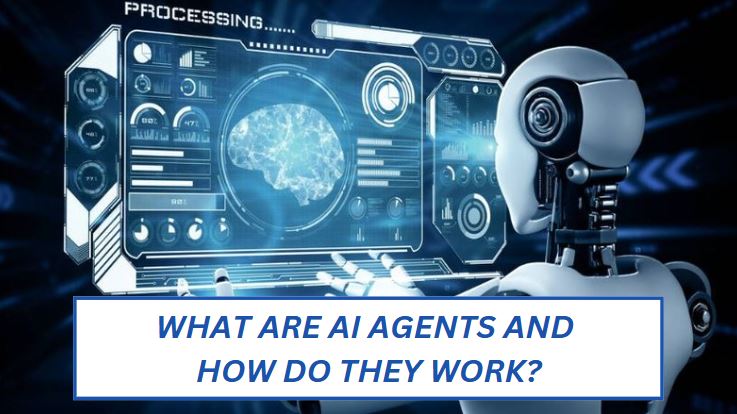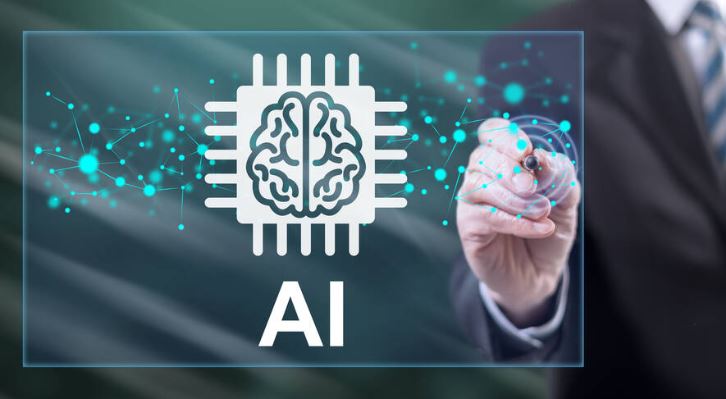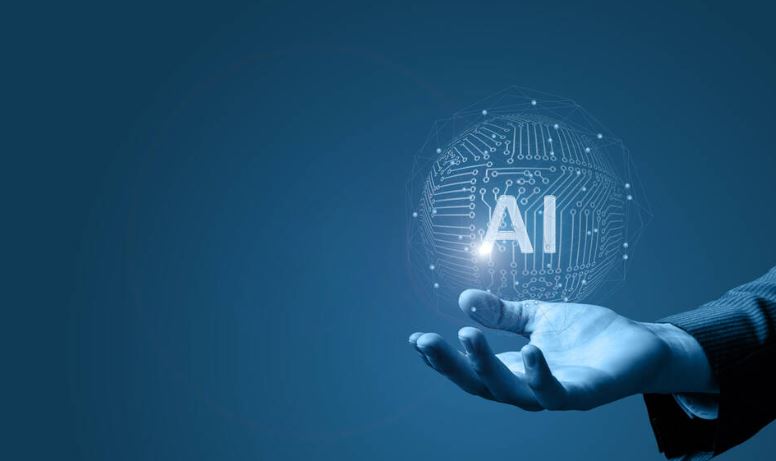Imagine a tireless assistant managing your calendar, answering customer emails at 2 AM, and even executing an entire marketing campaign. That’s what AI agents are all about – helping humans automate tasks and boost efficiency, all while achieving more. The AI agents market size is expected to cross $47 billion by 2030. Understanding what these agents are and how they work will help you get the most out of them. In this post, we’ll cover everything you need to know, including their types, use cases, and examples. We’ll also cover some frequently asked questions so you don’t leave with any confusion. Let’s dive in.
What are AI Agents?
These are software programs designed to act independently in order to achieve specific goals. In addition to following instructions, AI agents can make decisions on their own based on data and input. Once programmed, an AI agent will work as an employee, carrying out tasks without micromanagement. It’ll also improve its output based on your feedback.
Here’s an example use case of an AI agent for a bakery business: A baker uses an AI agent to track flour prices, predict demands based on weather forecasts, and place orders automatically. It even negotiated prices with suppliers.
How Do AI Agents Work?
Every AI agent has a unique communication style, personality, and role. Here are the key characteristics of a typical AI agent.
Persona: This helps the AI agent have a consistent character. A persona lets the agent behave appropriately depending on the role. It evolves as the agent gains experience.
Memory: They have different types of memories, including short-term and long-term. Short-term memories help them with immediate tasks, while long-term memories are suitable for historical conversations.
Tools: They also use external tools and resources to improve their capabilities. These tools can help with accessing information, manipulating data, or controlling external systems.
You May Also Like: 9 Roles AI Is Expected to Replace in the Near Future
Agentic vs. Non-Agentic AI Chatbots
AI chatbots often use Natural Language Processing (NLP) to understand queries and provide responses. There are two types of AI chatbots: Agentic and non-agentic. Non-agentic ones are without memory and reasoning and require continuous input from the user to respond. They don’t perform well for queries unique to the user or their data. And, because they don’t have a memory, non-agentic AI chatbots don’t learn from their mistakes.
In contrast, agentic AI chatbots hold memories, take feedback, and learn from their mistakes over time. They can take on complicated tasks without human intervention.
Types of AI Agents
You can categorize AI agents based on roles, environment, and capabilities. Let’s talk about their types based on interaction and the number of agents.
Based on Interaction
AI agents interact with users in different ways. Some respond to your queries almost instantly, conversing with users directly. Others work in the background to perform more complex tasks without needing your constant input.
Interactive: These AI agents are only triggered by user queries. They chat with you, answer your questions, and help with tasks. A popular example would be Siri or Alexa setting reminders for you. Or, a virtual tutor explaining maths problems.
Background Agents: These agents work in the background, performing assigned tasks automatically. An example could be an AI that scans your emails for receipts and organizes expenses. These agents react to specific events, such as low inventory.
Based on the Number of Agents
AI agents can be divided into two categories based on the number of agents:
Single Agent: A single AI agent working on a task, like a freelancer handling a project from start to finish. This type of agent uses one AI brain, like ChatGPT, and can link itself to external tools like calculators. Single agents are best for simple, straightforward tasks, such as answering customer questions.
Multi-Agent: These work together to complete a bigger, more complicated task. Each agent has its specialty. For example, if one analyzes data, the other creates a report. These agents talk to each other and can mimic human teamwork.
You May Also Like: Becoming an AI Researcher Step-by-Step
Benefits of Using AI Agents
Here’s how they can help AI systems be smarter, faster, and more useful.
Efficiency and Productivity
Just like a company where every employee has a specialty, AI agents work with each other and split tasks to get more done. AI agents handle multiple jobs at once, wasting no time and allowing you to focus on more strategic work. 76% of retailers are increasing AI agent investments in 2025.
Improved Decision Making
They can help you make better decisions faster. They learn from data and help you make smarter, timely decisions before moving forward.
Solve Complex Problems
AI agents can communicate with each other, solve complex problems, and complement each other. They can also interact with external tools and learn from their mistakes to get better over time.
What are AI Agents: Frequently Asked Questions
Let’s discuss some frequently asked questions related to AI agents and their applications.
Are AI Agents the Same as Chatbots?
No, chatbots just answer questions, whereas AI agents can take actions, like booking your flight, doing research, without constant human intervention.
Can AI Agents Replace Employees?
To some extent. They typically handle repetitive tasks and are designed to save time. They can’t replace human creativity and emotional intelligence.
How Do AI Agents Learn?
They learn through trial and error. They analyze feedback and data patterns to get better with time.
What are the Risks of AI Agents?
The risks of AI agents include over-reliance and privacy leaks. If you train them on flawed data, they’ll be biased in their responses.
Read More: What Role Does AI Play in the Hiring Process
Conclusion
AI agents aren’t here to replace humans. They help us achieve more by automating certain tasks in our workflow. 85% of enterprises will use AI agents in 2025. Whether you’re a solopreneur who wants to outsource repetitive tasks or an established company trying to streamline workflows, AI agents can help you get more done in less time. Unlike AI chatbots, which only respond to queries and handle simple tasks, AI agents can take action. They work in the background while you focus on stuff that needs your attention.



